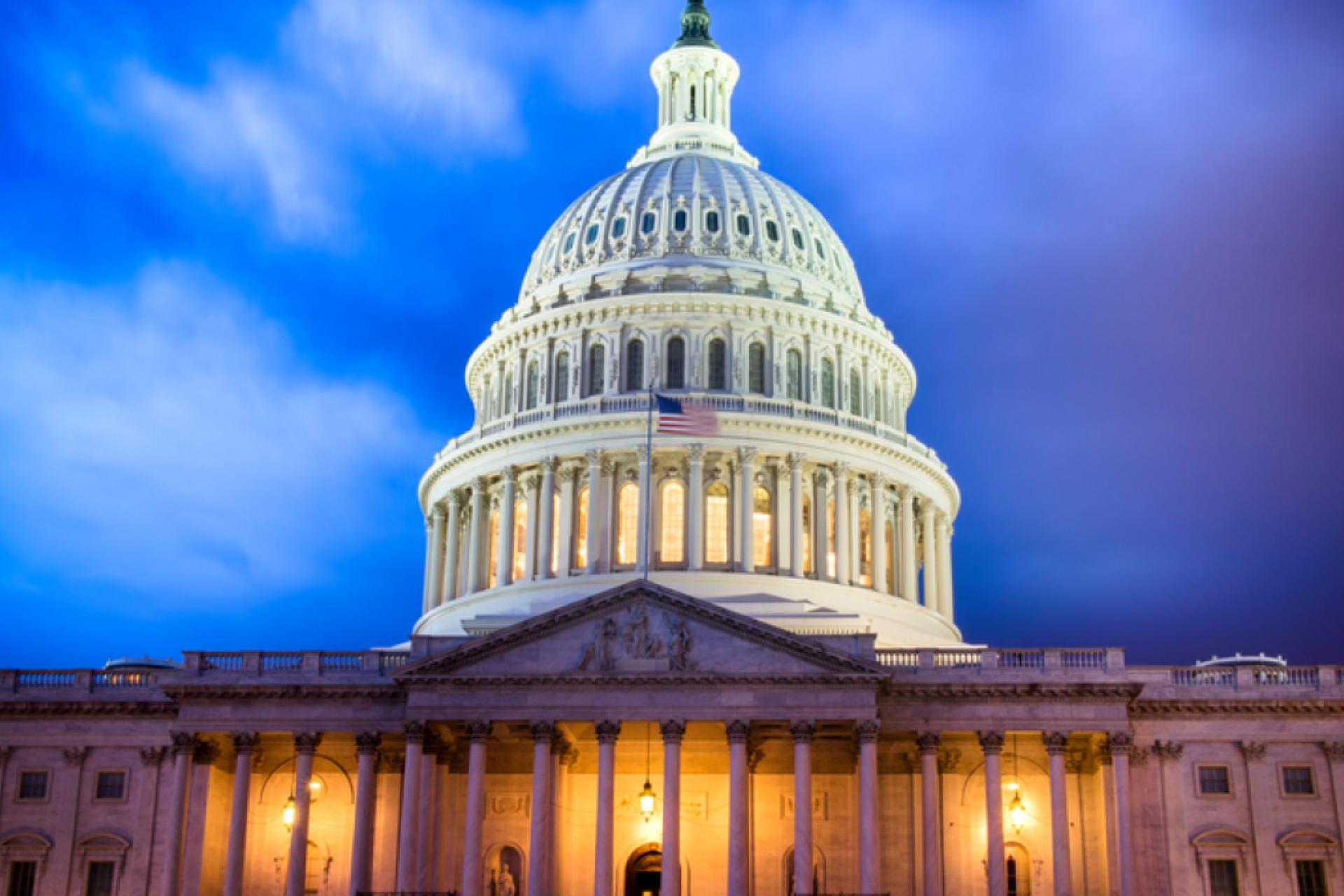Rep. Obernolte opposes major unneeded spending in stimulus bill, calls for already appropriated dollars to be delivered to small businesses and families

U.S. Congressman Jay Obernolte (R-CA) voted against the job killing stimulus bill in the U.S. House of Representatives on Friday. The package is one of the largest spending bills to be enacted in the history of Congress, but unfortunately only 9 percent of spending goes towards fighting the coronavirus pandemic.The other 91 percent of the package is appropriated for relief and stimulus spending at a rate that puts the economy in danger of overheating.
WATCH REP. OBERNOLTE’S COMMITTEE REMARKS HERE
REP. OBERNOLTE: “If adopted, this will be one of the largest spending packages enacted in the history of congress. Although we are united in the belief that we need to respond to this crisis quickly and get our country back on its feet, this is the wrong way to go about it… This will have the effect of hurting the very people we are trying to help.”
The spending bill voted on in the House will add an additional $1.9 trillion dollars in COVID-19 aid, bringing the total amount to nearly $6 trillion since March 2020. This amounts to over $17,000 per American. However, nearly 1 in every 4 dollars previously allocated for COVID-19 relief already remains unspent. Last week Rep. Obernolte coauthored a resolution to require the Biden Administration to provide documents to Congress detailing the nearly $1 trillion in unspent COVID-19 emergency aid, and met with business owners from across California’s 8th Congressional district to discuss other changes needed.
Rep. Obernolte also introduced a Motion to Instruct in the House Budget Committee that would have struck underlying policies in the legislation that further economically disadvantage rural Americans living near the poverty line and disproportionately favor large cities. The USDA reported on December 7 that nonmetro areas had more confirmed COVID-19 cases than metro areas, yet as the bill is written, funds will be disproportionately allocated to cities over the needs of rural areas.
The House version of the bill also includes a controversial federal minimum wage hike to $15 an hour. Rep. Obernolte published an op-ed over the weekend highlighting the significant negative impacts of this mandate as our job market struggles to recover from the ongoing pandemic. Read the full op-ed here.
